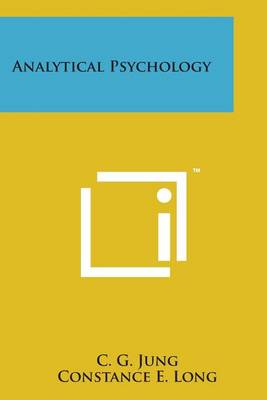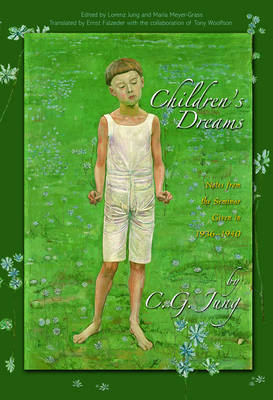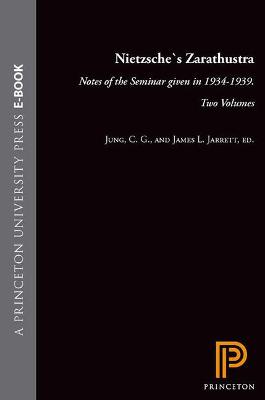Jung Seminars
4 total works
For C. G. Jung, 1925 was a watershed year. He turned fifty, visited the Pueblo Indians of New Mexico and the tribesmen of East Africa, published his first book on the principles of analytical psychology meant for the lay public, and gave the first of his formal seminars in English. The seminar, conducted in weekly meetings during the spring and summer, began with a notably personal account of the development of his thinking from 1896 up to his break with Freud in 1912. It moved on to discussions of the basic tenets of analytical psychology--the collective unconscious, typology, the archetypes, and the anima/animus theory. In the elucidation of that theory, Jung analyzed in detail the symbolism in Rider Haggard's She and other novels. Besides these literary paradigms, he made use of case material, examples in the fine arts, and diagrams.
Presented here in an inspired English translation commissioned by the Philemon Foundation, these seminars reveal Jung as an impassioned educator in dialogue with his students and developing the practice of analytical psychology. An invaluable document of perhaps the most important psychologist of the twentieth century at work, this splendid volume is the fullest representation of Jung's views on the interpretation of children's dreams, and signals a new wave in the publication of Jung's collected works as well as a renaissance in contemporary Jung studies.
This seminar and others, including the one recorded in Dream Analysis, were given in English in Zurich during the 1920s and 1930s.



